Want to Learn More?
Study in an accredited program that will prepare you for success in this growing field.
If you have an interest in health care and computer technology and are looking for a people-oriented profession in an expanding job market, consider a career in nuclear medicine technology.
The U.S. Department of Labor predicts that employment of nuclear medicine technologists will increase by 18 percent from 2010 to 2020. The Cedar Crest College Nuclear Medicine Technology major, which is offered as a joint program with the Pennsylvania College of Health Sciences (PA College) in Lancaster, PA —will provide you with all the tools you need for a rewarding career.
What Is Nuclear Medicine Technology?
Nuclear medicine technology involves the use of radioactive pharmaceuticals (also called radiopharmaceuticals) to diagnose and treat disease. Radiopharmaceuticals are radioactive substances that are attracted to specific organs, bones, or tissues. The radiopharmaceuticals used in nuclear medicine emit energy in the form of gamma rays that are detected by a special camera: Gamma, SPECT, or PET. Computers convert the information collected by the camera into an image of the specific area of the body for analysis of function, structure, and function, or the characterizations of biological processes at the molecular and cellular levels.
The field of nuclear medicine is unique in diagnostic technique because it provides information about both the structure and function of almost every organ in the body. It is this ability to study function that separates nuclear medicine from other imaging modalities, such as X-ray or magnetic resonance imaging. It’s a safe, painless, and cost-effective method of information gathering.
About Our Program
Pennsylvania College of Health SciencesThe Cedar Crest nuclear medicine technology program leading to the B.S. degree is a partnership with PA College and through PA College is accredited by the Joint Review Committee on Educational Programs in Nuclear Medicine Technology (www.jrcnmt.org), which ensures that you will receive a quality education. By pursuing a bachelor’s degree in nuclear medicine technology at Cedar Crest College, you will work closely with experienced and well-respected professors. In the classroom and in the lab, you will obtain the latest knowledge and conduct relevant research using state-of-the-art technology. As a future healthcare professional, you will enroll in nine credits of healthcare administration coursework with the highly recommended option of pursuing the Health Care Management Certificate. This certificate will provide both insight into the evolving field of healthcare and opportunities for advancement in healthcare administration.
You will also receive a quality liberal arts education, including instruction in the development of strong communication and leadership skills, that will enhance your personal and professional growth while enabling you to work effectively with other members of a healthcare team.
You will spend your first three years studying on the Cedar Crest College campus; the fourth year consists of twelve months of clinical and didactic training. Three days per week are spent in clinical training at one of the affiliated hospitals of PA College and one day a week is spent in coursework at PA College. Due to the strength of these partnerships, you will have the opportunity to be trained in the clinical setting by physicians in combination with seasoned certified technologists and clinical coordinators in an integrated teaching and research environment. You will graduate with both a degree from Cedar Crest College in the Nuclear Medicine Technology major and a certificate in Nuclear Medicine Technology from PA College.
Career Opportunities
Nuclear medicine technologists work in a wide variety of clinical settings including community hospitals, university-affiliated teaching hospitals, out-patient imaging facilities, and government and private research institutes. Some of the other careers you may pursue after earning your degree include:
- Chief technologist
- Research technologist
- Program director or clinical coordinator
- Instructor or professor
- Hospital administrator
- Industry sales representative
- Technical Specialist
- Research and development specialist
Alumnae Success Stories
More than 98 percent of our program graduates have passed certification examinations by the Nuclear Medicine Technology Certification Board (NMTCB) or the American Registry of Radiologic Technologists (ARRT) on the first try, with nearly one-third passing with honors. PA College has had a 100% Nuclear Medicine Exam Pass Rate since 2004.
These types of credentials have helped our graduates gain employment in such respected organizations as:
- Aria Health Systems, Philadelphia
- Heart Center, Medical City Hospital, Dallas
- Hunterdon Medical Center, Flemington, N.J.
- Lehigh Valley Health Network, Allentown, Pa.
- O. Fox Memorial Hospital
- Pocono Medical center
- St. Joseph’s Imaging Associates, Syracuse, N.Y.
- St. Luke’s Hospital and Health Network, Allentown, Pa.
Program Mission Statement
The mission of the program is to educate students in preparation for a health career in Nuclear Medicine Technology and provide the health community with intelligent, competent, and compassionate technologists who understand the complexity of imaging systems protocols and modalities, radiopharmaceuticals, and the performance of patient studies.
Dive A Little Deeper
Upcoming Admissions Events
Cooperative Agreements
Cedar Crest College collaborates with several academic institutions to provide our students with innovative pathways that help them succeed in their chosen fields.

How To Apply
Ready to apply as an undergraduate student?

Accreditation
The Cedar Crest nuclear medicine technology program leading to the B.S. degree is a partnership with PA College and through PA College is accredited by the Joint Review Committee on Educational Programs in Nuclear Medicine Technology (www.jrcnmt.org)
Faculty & Staff
Who’s teaching you is as important as the curriculum you choose.
Let’s put a face to some of the names you’ll be seeing on the course listings!
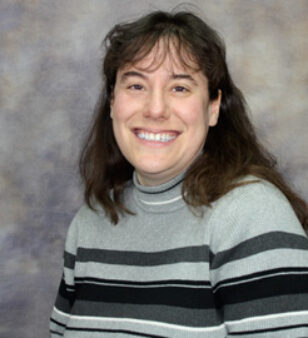
Audrey Ettinger
Chair of Biological Sciences; Associate Professor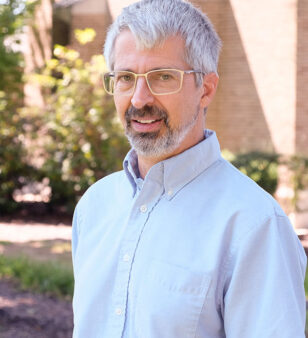
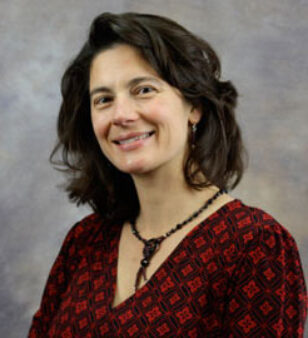
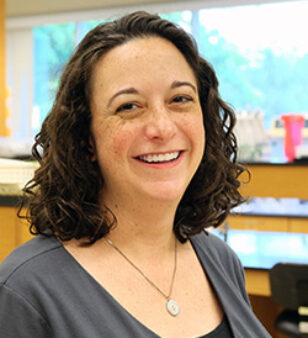
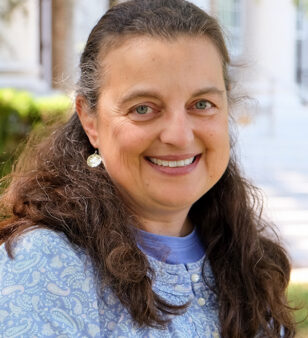
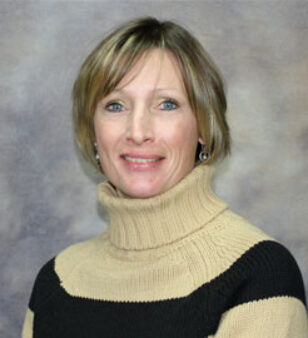
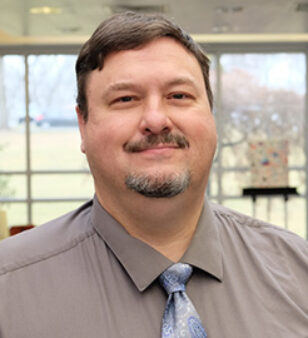


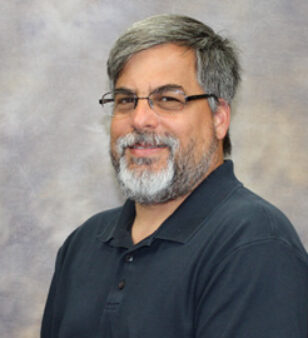
- School of Adult and Graduate Education
- sage@cedarcrest.edu
- P: 610-740-3770
- Traditional Admissions
- admissions@cedarcrest.edu
- P: 800-360-1222
- F: 610-740-3780